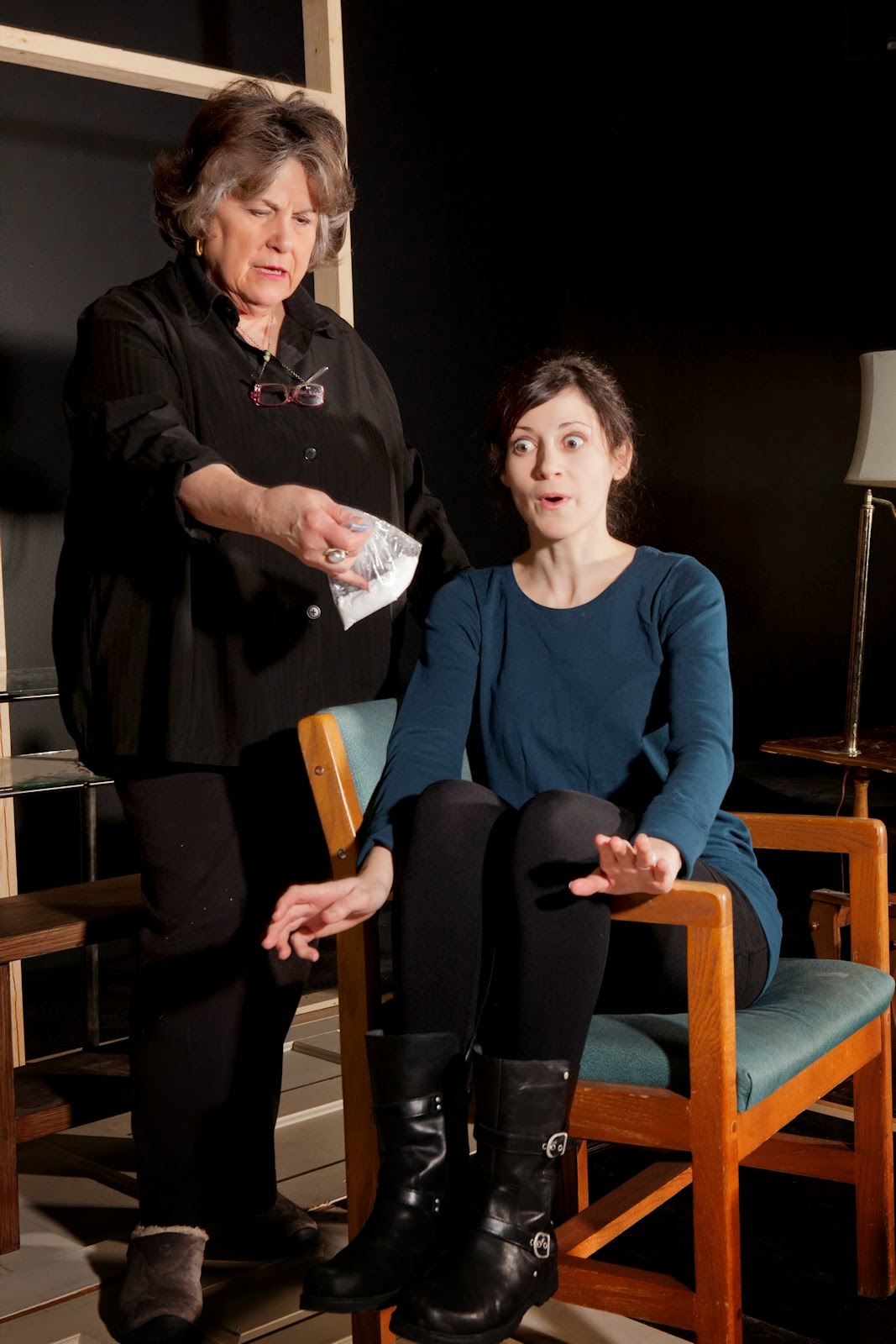SACRIFICING PARITY FOR PASSION
 People are often drawn to a career that they believe will satisfy their passion. Lovers of children are drawn to teaching, lovers of animals to veterinary medicine, lovers of crime shows to forensic science, and so on. We can and should add that lovers of artistic expression are often drawn to theater.
People are often drawn to a career that they believe will satisfy their passion. Lovers of children are drawn to teaching, lovers of animals to veterinary medicine, lovers of crime shows to forensic science, and so on. We can and should add that lovers of artistic expression are often drawn to theater.Parity (the state or condition of being equal, especially regarding status or pay) — actually the lack of parity — may be most evident in theater. Few veterinarians treat diseased animals as a side job until they can earn enough money to go full time. Few forensic scientists offer to help solve criminal cases for free of for very minimal pay until they prove they are worthy of hire.
Theater, however, is a different story. Most audiences would be surprised to know that a percentage of actors, even in New York City, practice their craft for as little as five dollars per night. Some work for free, choosing to satisfy their passion without regard to compensation.
Some might say that the compensation of a teacher, a scientist and a veterinarian should reflect their level of skill and the sacrifices they have made to complete their education. And that is true.
Why the lack of parity, particularly for women actors? What is not so often recognized, unfortunately, is the skill and training necessary to become an accomplished actor. The expertise of actors, especially in theater, is often underestimated. The result are misperceptions, that acting isn’t a real job, that is should be treated as a side job, and that actors shouldn’t expect to make a living wage.
Conclusion? In the world of theater, parity is often sacrificed for passion. That’s why we make it our mission to pay equity actors a living wage.
off the WALL Performing Arts Center | a Pittsburgh Theater
25 West Main, Carnegie, PA 15106 | 6 miles from downtown Pittsburgh



Comments
Post a Comment